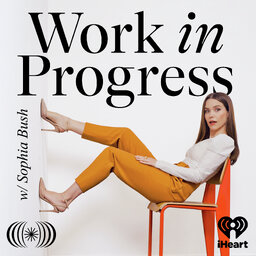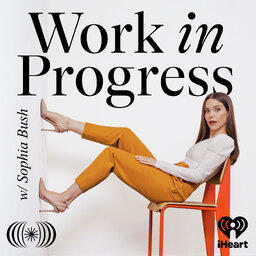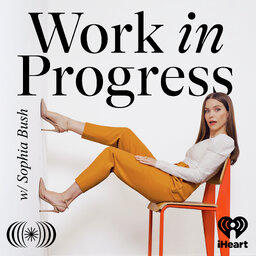Welcome to Episode 3 of our video series, Need to Know, where actress, activist, and host of the @workinprogress podcast, @sophiabush, sits down with experts to get the answers to your most pressing questions about life right now. Our guest today is actively crushing boundaries placed on people in the STEM field, particularly marginalized populations - the brilliant and entertaining, Raven Baxter, aka Raven the Science Maven (@raventhesciencemaven). Raven Baxter is an internationally acclaimed science communicator and molecular biologist who works to progress the state of science culture by creating spaces that are inclusive, educational, and real. An entertainer and content creator, Raven is known for her unique style of combining science and music that teaches and empowers those in STEM and beyond and regularly speaks about innovation in science education and social change in STEM. Raven is the founder of Science Haven, a non-profit organization that operates at the intersections of science, education, and the public. Science Haven houses STEMbassy, a live web series that connects the public with science and technology professionals, and Black In Science Communication, a group that works to build relationships in the science community, equipping others with the knowledge and resources necessary to share science with the world in their own flavor. Raven has quickly developed a reputation as a strong voice in science education and has been recognized as a global influencer in several publications, including Fortune Magazine’s 40 Under 40 list for 2020. On today’s episode of Work in Progress, Sophia and Raven discuss Raven’s childhood, her experiences as a corporate scientist, underrepresentation in higher education and STEM, the current state of science culture, the mutation of the COVID virus and the importance of taking certain safety measures, Raven’s upcoming projects...and so, so much more.
In 1 playlist(s)
Work in Progress with Sophia Bush
Work in Progress with Sophia Bush features frank, funny, personal, professional, and sometimes even …Social links
Follow podcast
Recent clips

Work in Progress: Jeannie Mai
55:24

Work in Progress: Mika Brzezinski
1:01:11

Work In Progress: Sophia answers fan questions
23:52
 Work in Progress with Sophia Bush
Work in Progress with Sophia Bush